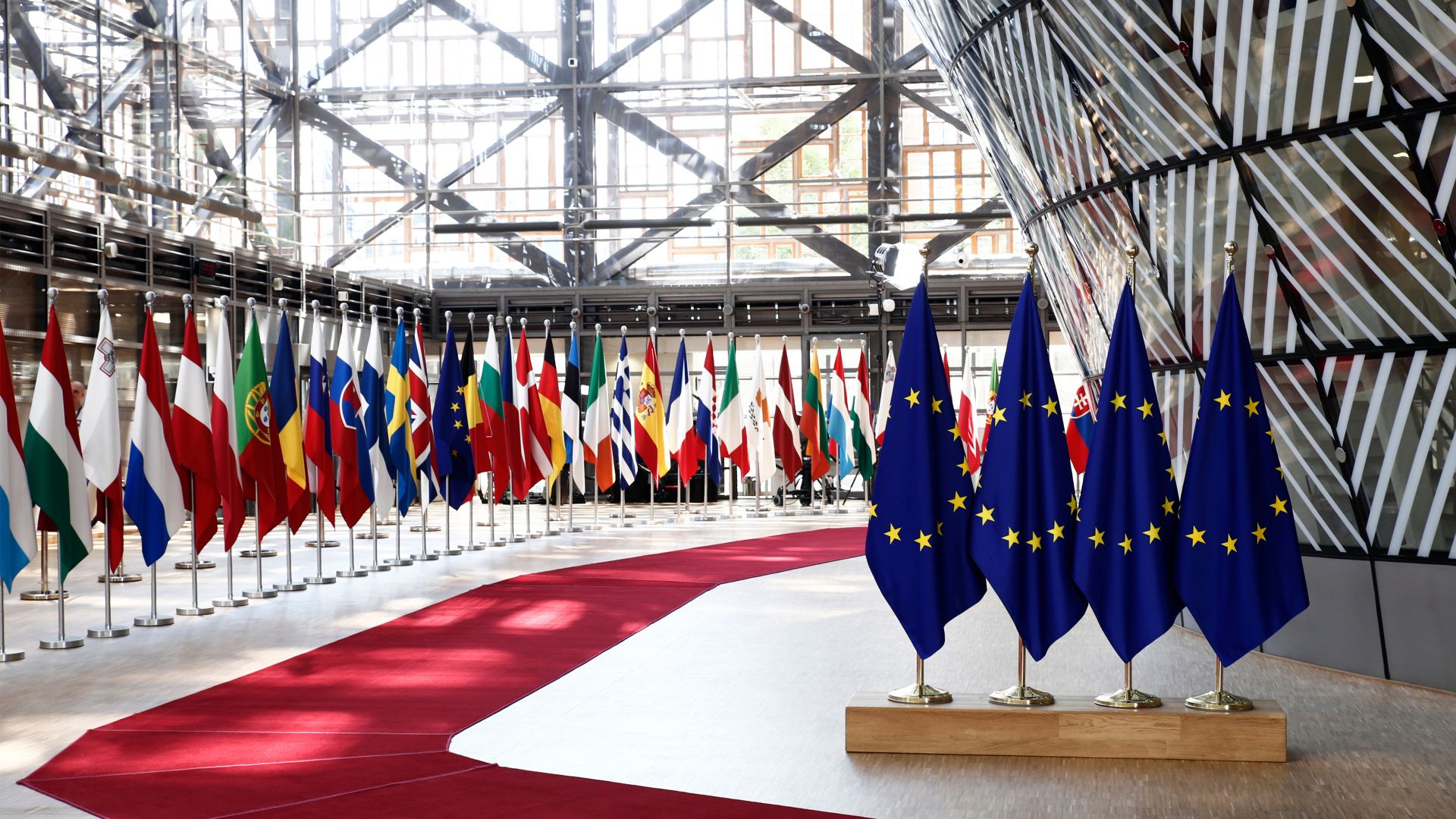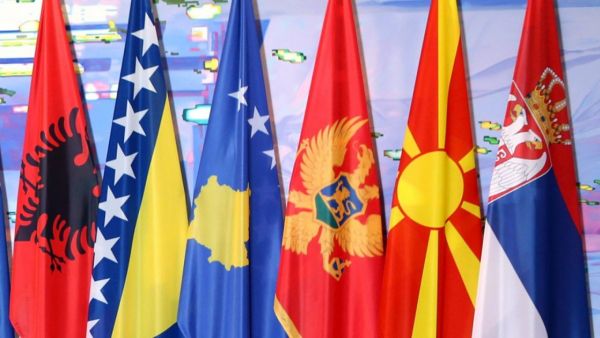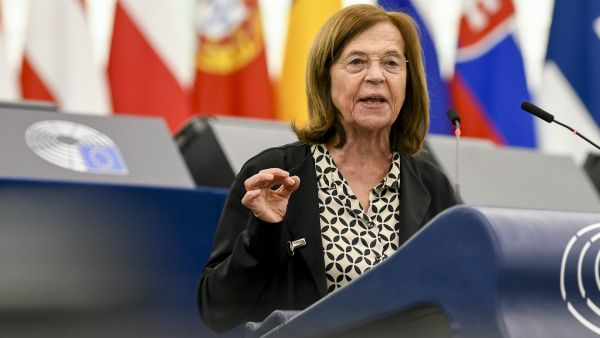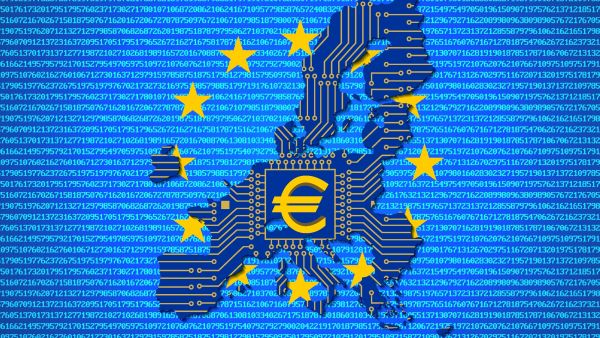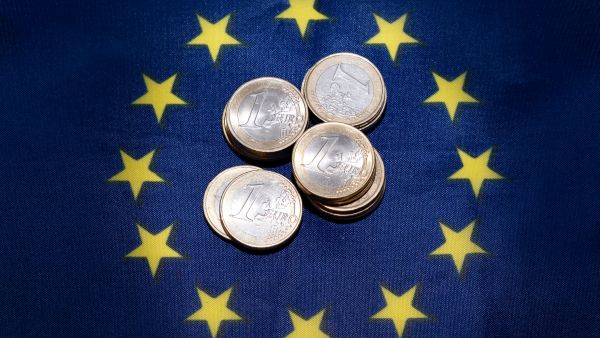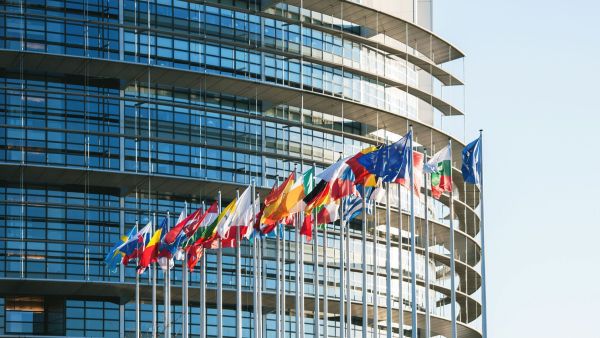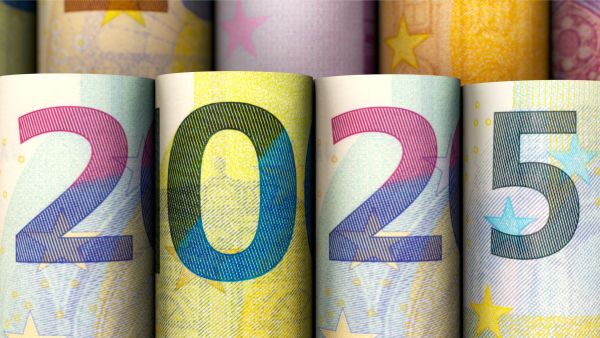Today, the group leaders of the European parliament sent a letter to EU leaders ahead of the European Council meeting of 19 June.
The European Parliament “will not compromise on the future of the European Union. We call on the European Council to do the same and match political statements with sufficient budgetary means. We need to leave the future generation of Europeans a resilient EU, sustainably thriving and leaving no one behind,” they write in the following letter:
Dear EU Heads of State and Governments,
History in the making. This is what we witnessed in the Chamber, on May 27, when the President of the Commission announced the details of the Plan for the Recovery of Europe that the European Council had asked her to come up with. Now this plan must be agreed by the Heads of States and Governments and the European Parliament.
On substance, we are almost there. The overall figure that the Commission put on the table for the Next Generation Instrument is a good starting point. But we believe that 500bn in grants is the bare minimum to provide a credible European response to such a huge crisis. We oppose any reduction. A month ago, 505 out of 705 elected members of the European Parliament voted for a €2 trillion package to transform and mitigate the social and economic impact of the crisis and put us on track to achieve the objectives set in the Green deal, the digital agenda and the EU industrial strategy. You would agree that a two third majority of elected members representing North, South, East and West is hard to ignore.
Given the commensurate amount at stake, the European Parliament will now put a great focus on how the money will be spent and which specific projects the Next Generation Instrument will finance. We insist that this instrument is used to finance future oriented investments that bring a significant EU wide added value. We recall that it should have at its core the European Green Deal and the digital transformation in order to sustain the economy, improve its resilience and create jobs while, at the same time, assist in the ecological transition, foster sustainable economic and social development -including the strategic autonomy of our continent. Solidarity goes hand in hand with responsibility. Therefore, these projects should assist in implementing an industrial strategy that preserves core EU industrial sectors.
We also stressed and will continue to strive for the full involvement of Parliament in the establishment and delivery of the Recovery Instrument with the aim of increasing its transparency and democratic accountability. We will use all means at our disposal to achieve this objective.
When the plan was presented we were told that it would be financed by means of new streams of EU-wide revenues or “new own resources” in EU parlance. In our view, this is key. Otherwise, we run the risk of passing the burden of it to future European budgets - the very budgets that are supposed to finance the dreams of the next generations of Europeans. We must act as responsible politicians: the EU’s priorities will not disappear after our terms. We need to leave the future generation of Europeans a resilient EU, sustainably thriving and leaving no one behind. Fleshing out a repayment plan is also a test of credibility. Bond markets need to know how they are going to get their money back.
But more importantly, it is also a test of popular trust. The last crisis left a bitter taste in the mouth of many of our citizens. Our voters tell us that the collective answers we found sometimes eroded trust in our ability to act together. We must get it right this time.
In our view, a credible repayment plan can only be financed by new own resources to the EU budget, as promised by the European Commission. If we fail to deliver on this promise, we will have deceived both citizens and national governments. Why? Because otherwise they will have to pick up the tab. Indeed, in a budget with ceilings on how much you can spend, introducing new EU-wide streams of revenue is the only way to lower the need for direct transfers from national treasuries and therefore ease the pressure on citizens. The money must be found elsewhere: in the pockets of big tech, big polluters, and tax dodgers.
That is why we think it is essential that, when you meet on June 19th, Heads of States and Governments agree on the very idea of introducing new own resources. The Parliament will give its consent to the next MFF only if a basket of new own resources is introduced. The first ones need to be up and running as of 2021. We will not be satisfied by a promise of “future proposals” or “High-Level working groups”. Crucially, we demand that the European Commission and the European Council commit to binding legal provisions and a timeline for the progressive introduction of other new own resources in the course of the next MFF, in order to reach a level of proceeds that will be sufficient to at least to repay the entirety of the capital and interests of the borrowing.
Time is of the essence here. We think the Commission is right to propose that part of the recovery funds be made available as soon as possible. The Parliament is ready to negotiate the revision of the current MFF and have the €11,5bn the Commission asked for ready to flow.
We also must ensure that the next EU long-term budget is adequately financed. The EU has longstanding policies and new priorities to finance - those new priorities have often been handed over by the European Council (think of the protection of our external borders or climate change). Those have not disappeared because of the pandemic and the next long-term budget cannot become a “crisis budget”.
The Union must meet its objectives and tackle the challenges thrown at it by the 21st century. The only way forward is to adopt a robust MFF for 2021-2027.The revised Commission proposals on the next MFF fall short of a number of commitments and ambitions. We will continue to defend Parliament’s position in the upcoming negotiations and we will not compromise on the future of the European Union. We call on the European Council to do the same and match political statements with sufficient budgetary means. We also would like to remind you that democracy and the Rule of Law shouldn’t fall victim to the current crisis. We remain committed to the setting up of a strong mechanism to ensure that EU money doesn’t flow towards those who weaken our Treaty-based values.
Our expectation is that our citizens should see, ideally before the start of the summer recess, a political agreement at the level of the European Council on the Recovery Plan, the existing MFF and the new MFF taking into account Parliament’s views. An inter-institutional agreement must also be found - any new budgetary tool must come under strong parliamentary oversight. We, elected representatives, stands ready to negotiate and defend the interests of the European citizens.
Having Parliament involved from the start will facilitate all the negotiations in autumn on implementing the package and help to secure consent on the new MFF by the end of the year. Note that in the absence of an agreement on the next EU long-term budget, the current ceilings would continue to apply. In that case, they should be complemented by a safety net in order to protect beneficiaries and project holders - this is the purpose of the “contingency plan” we are calling for.
This crisis must be a wake-up call and an opportunity to change course towards sustainable well-being by developing collective and shared resilience within a far more cohesive and inclusive society. The decisions you will be taking during the next months to tackle this crisis will have a long term impact in our societies. The EU institutions, together with the member states, have to collectively ensure that Europe will get out of this crisis stronger, and this is the expectation of our citizens; letting their hopes down is not an option. We therefore call on the EU Council to dare for more and join the European Parliament and European Commission in their commitment to the European Union as a political project, by showing the same level of ambition.
SIGNATURES
Manfred Weber, President EPP Group
Iratxe García-Perez, President S&D Group
Dacian Cioloș, President Renew Europe Group
Philippe Lamberts and Ska Keller, Co-Presidents Green/ALE Group
Manon Aubry and Martin Schirdewan, Co-Presidents GUE/NGL Group

